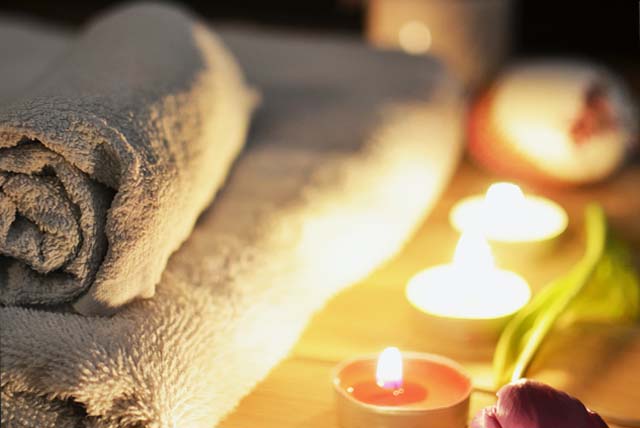Reiki: mens sana in corpore sano

Mens sana in corpore sano; a healthy mind in a healthy body. Today’s Western society would be well represented by this quote from Juvenal if we had to define it in one sentence.
The wealthy classes of the West are beginning to realize that the food offered by supermarkets is a mere synthetic copy. That sedentary habits that we are forced to adopt eventually cause obesity and health problems. Not separating the garbage is just accelerating the death of our planet. It is no coincidence that every day we see more ecological and organic supermarkets, more people running through parks, or environmental awareness. However, when we are not well or when we are tired after an intense week, we are resorting to pills.
We have no second thoughts about taking chemicals for a minor headache symptom, while we cook natural vegetables without pesticides. It seems that we inhabitants of Western societies are beginning to question our food and healthy habits now as we try to seek whatever is possibly best for our bodies. However, it’s hard. We take the step in the field of medicine, and we prefer to opt for chemicals to try some natural or alternative medicine technique.
Reiki was born barely a century at the hands of the Japanese Buddhist, Mikao Usui. After a retreat on Mount Kurama (Kyoto), Usui claimed to have reached a State of fullness and developed the technique of Reiki. This spiritual technique is based on the ki, the so-called universal life energy. Many cultures have called it different things, but all of them agreed, always detractors, on the existence of an energy that emanates from life. Reiki is focused on the flow of this energy, and channels the ki through the palms of the hands to a few specific points in the body called chakras. Through this flow of energy, the patient’s body absorbs the ki and find the balance.
Sessions usually last about an hour, and during the practice of Reiki, the patient tends to notice different feelings of heat, tingling or a slight feeling of buoyancy. Although it doesn´t work the same way on all people. It’s a technique with a short but vast lineage, with a large number of both defenders and detractors. In addition to a therapeutic technique, Reiki is a philosophy for some people. Mikao Usui established five principles at the beginning of the technique, and adopted them as a way of life. Certainly, I think that many people will agree that our every-day life would not be so frantic if everyone applied, albeit in small measure, the principles proposed by Reiki to live a full life in a healthy body.
Fret not yourself (Ikaru na).
Don’t worry (Shinpai suna).
Be grateful (Kanshashite).
Works diligently (Gyou wo hageme).
Be nice with the other (I neither landmark nor shinsetsu).
